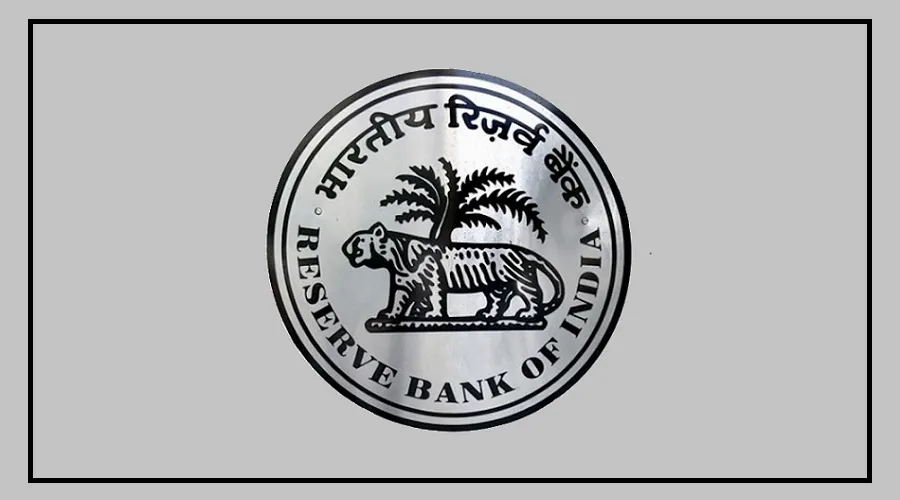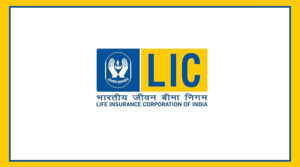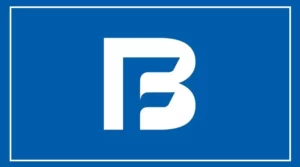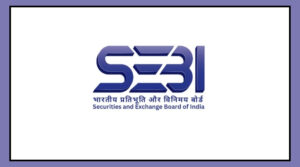The Reserve Bank of India (RBI) has imposed a penalty of ₹1 crore on HDFC Bank due to the misuse of recovery agents and violation of guidelines.
This action has brought the issue of misbehavior by recovery agents back into focus.
The RBI’s investigation found that recovery agents contacted customers outside the permitted hours—before 7 AM and after 7 PM—violating set regulations.
Rules for Bank Recovery Agents
No Misbehavior Allowed Despite EMI Defaults
Even if a customer defaults on a loan or delays EMI payments, recovery agents must adhere to the rules and respect customer privacy.
The RBI’s guidelines clearly state that agents should handle customer interactions professionally and courteously.
Understanding these rules can help curb misconduct by bank or financial institution agents.
Verify the Recovery Agent’s Identity
To protect yourself from fake recovery agents, always check the agent’s ID before discussing loan matters.
Ensure the ID is issued by the bank or non-banking financial company (NBFC) from which you have taken the loan. Only engage in discussions after confirming the agent’s authenticity.
Confidentiality of Customer Information
Recovery agents are prohibited from sharing your personal loan details with anyone. They cannot discuss your loan in public or with third parties.
If an agent violates these rules, you should report them to the bank or NBFC and consider taking legal action.
Permissible Contact Hours for Recovery Agents
RBI guidelines specify that recovery agents can only contact customers between 7 AM and 7 PM.
If an agent violates these time restrictions, you have the right to take legal action. Collecting evidence, such as recording phone calls or saving text messages, will strengthen your case.
Steps to Take If You Default on a Loan
Negotiate with the Bank
Inform the bank about the reasons for your default. If you are facing financial difficulties, explain the situation.
This will help the bank understand your intention to repay the loan, potentially reducing the likelihood of aggressive recovery actions.
Apply for Loan Restructuring
You may request the bank to restructure your loan, which can make repayment terms easier and provide more time to pay off the debt.
Make sure to thoroughly review and understand the restructuring proposal before signing it.
Consider a One-Time Settlement
If you cannot repay the full loan amount, you may opt for a one-time settlement, where a fixed amount is paid, often less than the total outstanding balance.
However, this will be recorded in your credit report and may negatively impact your credit score, affecting future loan approvals.
By understanding these rules and your rights, you can better handle interactions with recovery agents and take necessary steps if you face loan default issues.
Respect for Customers Despite Loan Defaults
The RBI mandates that bank recovery agents must follow set rules and respect customer privacy, even in cases of loan defaults or delayed EMI payments.
These rules are clear and comprehensive, and it is essential for the public to be aware of them to prevent any unlawful actions by recovery agents.
How to Deal with Recovery Agents
- Verify the Agent’s Identity: Always ask for the recovery agent’s ID before discussing any loan-related issues. Ensure the ID is issued by the bank or NBFC from which you have taken the loan.
- Confidentiality of Information: Recovery agents are obligated to keep your loan information confidential and cannot disclose it to third parties. If they do, you can lodge a complaint with the bank or take legal action.
- Permissible Contact Hours: Recovery agents are allowed to contact you only between 7 AM and 7 PM. If they violate this rule, you have the right to take legal action, provided you have evidence such as recorded calls or saved messages.

























